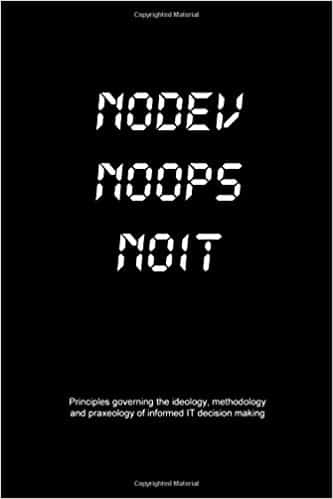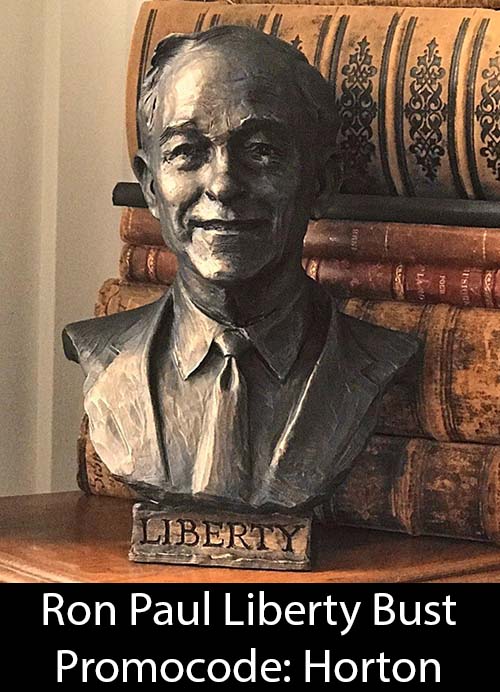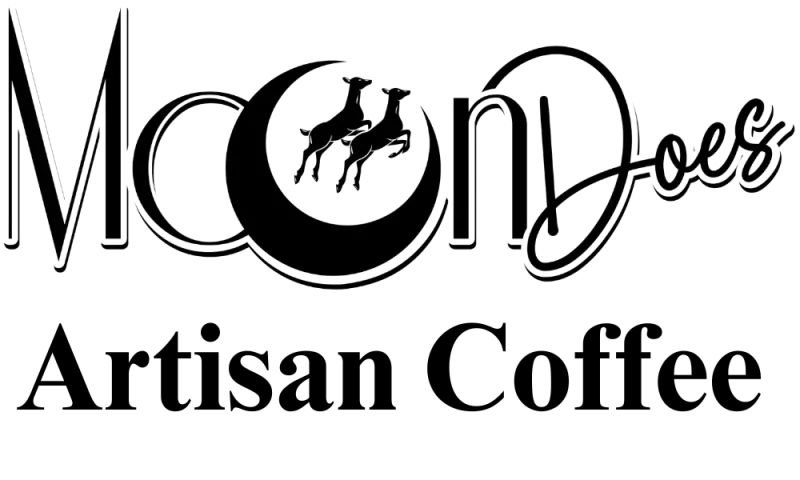Intelligence officials doubt Iran uranium claims, say Cheney receiving suspect briefings
Larisa Alexandrovna
The Bush administration continues to bypass standard intelligence channels and use what some believe to be propaganda tactics to create a compelling case for war with Iran, US foreign policy experts and former US intelligence officials tell RAW STORY.
One former senior intelligence official is particularly concerned by private briefings that Vice President Dick Cheney is getting from former Office of Special Plans (OSP) Director, Abram Shulsky.
“Vice President Cheney is relying on personal briefings from Shulsky for current intelligence on Iran,” said this intelligence official.
Shulsky, a leading Neoconservative and member of the Project for the New American Century (PNAC), headed the shadowy and secretive Department of Defense’s OSP in the lead-up to the Iraq war — helping to locate intelligence that would support the Bush administration’s case for war with Iraq.
In an earlier report by Raw Story on an OSP spin-off dubbed the Iranian Directorate (ID), Lt. Col. Barry E. Venable — a spokesman for the Pentagon — confirmed that Shulsky was consulting for this new initiative as well.
“Mr. Shulsky continues in his position as Senior Advisor to the USD, focusing on Mid-East regional issues and the [global war on terror],” stated Venable.
Several foreign policy experts, who wish to remain anonymous, have expressed serious concern that much like the OSP, the ID is manipulating, cherry picking, and perhaps even — as some suspect — cooking intelligence to lead the U.S. into another conflict, this time with Iran.
“Cheney distrusts the information being disseminated by CIA on Iran,” said one former senior intelligence official. “The reports assembled by the Iranian Directorate at the Pentagon differ significantly from the analysis produced by the Intelligence Community. The Pentagon Iranian Directorate relies on thin and unsupported reporting from foreign sources.”
In the build-up to the Iraq war, Cheney relied on intelligence almost exclusively from the OSP, which leveled allegations that Iraq possessed weapons of mass destruction. This was later debunked, but no OSP or DOD officials were held accountable for what many believe was a “deliberate effort” to mislead the nation into war.
New Uranium Allegations:
Adding to the similarities between the pre-war build up to Iraq, new allegations of Uranium transactions began aggressively circulating earlier this month. For example, in an August 6th Sunday Times of London article entitled “Iran’s plot to mine uranium in Africa,” Iran is alleged to have purchased Uranium from the Democratic Republic of Congo.
“A United Nations report, dated July 18, said there was ‘no doubt’ that a huge shipment of smuggled uranium 238, uncovered by customs officials in Tanzania, was transported from the Lubumbashi mines in the Congo.
“Tanzanian customs officials told The Sunday Times it was destined for the Iranian port of Bandar Abbas, and was stopped on October 22 last year during a routine check.”
The UN report, however, does not mention Iran. It is only the Tanzanian official who does.
The article also quotes the Tanzanian official on his description of the uranium amounts found in each container and how it was located.
“This one was very radioactive. When we opened the container it was full of drums of coltan. Each drum contains about 50kg of ore. When the first and second rows were removed, the ones after that were found to be drums of uranium.”
Experts familiar with both African mining and atomic energy have expressed serious concern about these allegations, which have been circulating for some time.
According to a source close to the International Atomic Energy Agency (IAEA), the story is “highly unlikely” and “not well researched.”
This source, who wished to remain anonymous given the nature of the subject, explained that the main concern in the Congolese mines is environmental waste and how it affects workers and villages near the areas where the mining is done.
A former senior US official with experience in the region also finds the story improbable, in this case regarding the Tanzanian interception of a Congo- to- Iran based shipment and the amount transferred.
“My understanding is that the Congolese mines were closed years ago and that any mining now is purely artisanal,” said this official.
“[It] would take a lot of labor to produce the volume of uranium they are talking about. The reduction ratio of rock to ore is roughly one hundred to one in the Niger mines. I can’t imagine the vein is any richer in the Congo.”
Still other experts took issue with the description of the uranium and its suggested purpose, including the sentiment that u-238 is “highly radioactive.”
Steven Aftergood, senior research analyst at the Federation of American Scientists (FAS), an organization that was formed in 1945 by atomic scientists from the Manhattan Project, is doubtful. “U-238 is one of the isotopic forms of uranium. Another isotopic form, [for example], U-235, is used in fission bombs,” explained Aftergood.
“U-238 is not highly radioactive. On the contrary, it decays very slowly. It has a half-life of 4.5 billion years. That means that a given quantity of u-238 would radioactively decay by 50% in 4.5 billion years. So you could hold it in your hand without any adverse effect. On the other hand, it is a toxic metal, and you wouldn’t want to inhale or ingest uranium dust if you could avoid it.”
But the stories of Iran attempting to purchase uranium from abroad leave many experts highly concerned.
One official close to the United Nations Security Council explained that Iran has its own mines, making any allegations of imported uranium from abroad highly questionable.
“Why would Iran import U-238 when it mines it itself?” The official asked Raw. “This makes no sense whatsoever.”
Several sources suggested that the Iranian Directorate, as did its predecessor — the OSP, may be cherry picking, manipulating, and even planting intelligence abroad that would support a case against Iran in the minds of the public.
Expressing great frustration, one former high ranking intelligence officer said “it is all the Neocons.” Asked about the allegations of the uranium transaction from Congo-to-Iran, this source remarked: “Total bullshit.”
Wendy Morigi, spokeswoman for U.S. Senate Intelligence Committee Vice-Chairman Jay Rockefeller, would not confirm or deny that the committee had received any information regarding the Iran uranium purchase. “We can’t comment on what briefings the committee has received,” Morigi stated in an email response.
Morigi did, however, explain that as with any sensitive information, “Generally speaking, it’s safe to assume that the committee closely follows everything related to Iran’s nuclear program.”
#
Related Raw Story articles:
US military, intelligence officials raise concern about possible preparations for Iran strike
Spurious attempt to tie Iran, Iraq to nuclear arms plot bypassed U.S. intelligence channels
Cheney has tapped Iranian expatriate, arms dealer to surveil discussions with Iran, officials say
Larisa Alexandrovna is managing investigative news editor for Raw Story and regularly reports on intelligence and national security stories.















